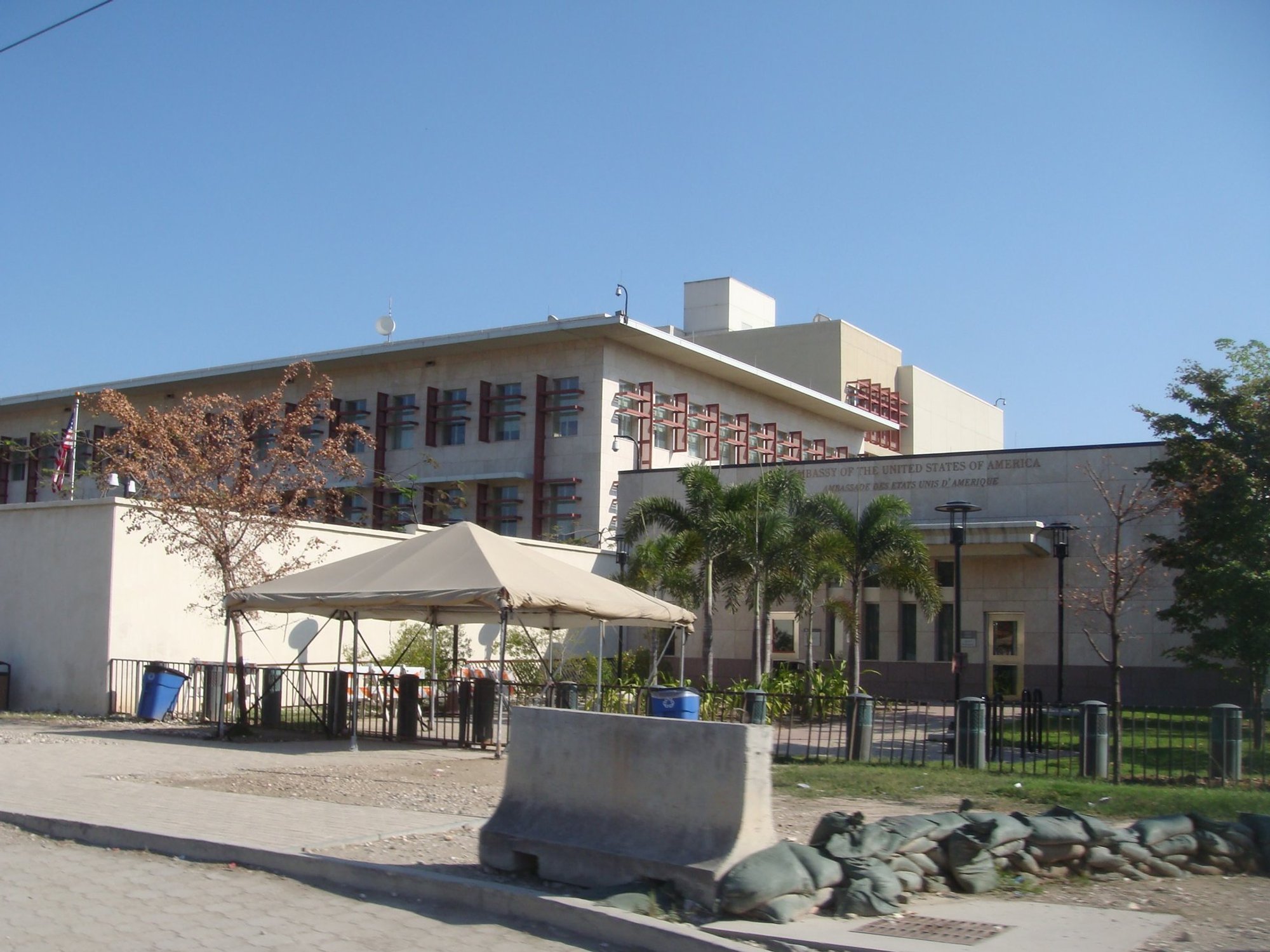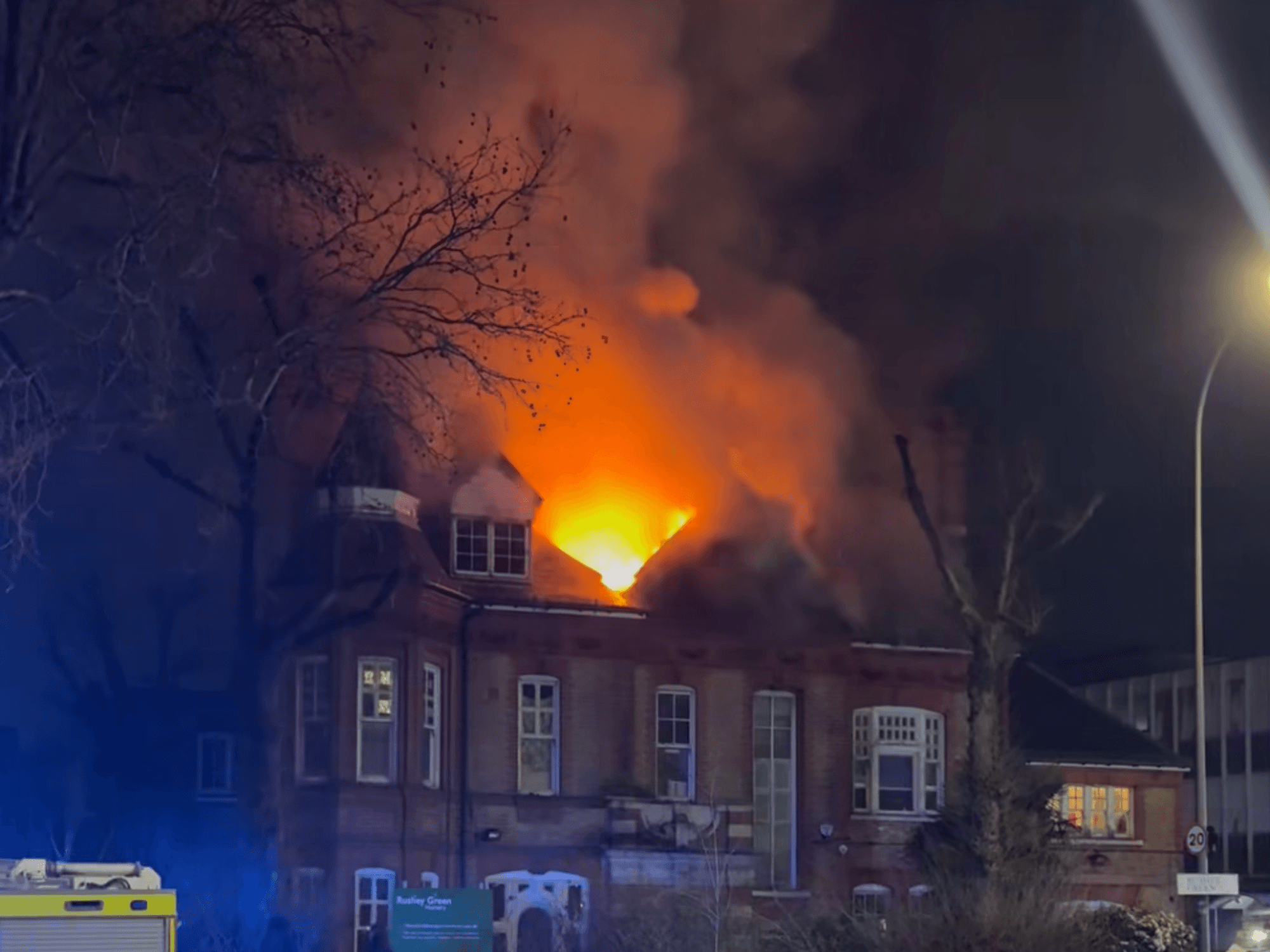Pro-Palestine protesters calling for 'Jihad' CAN be prosecuted for 'encouraging terrorism' - despite police refusing to take action
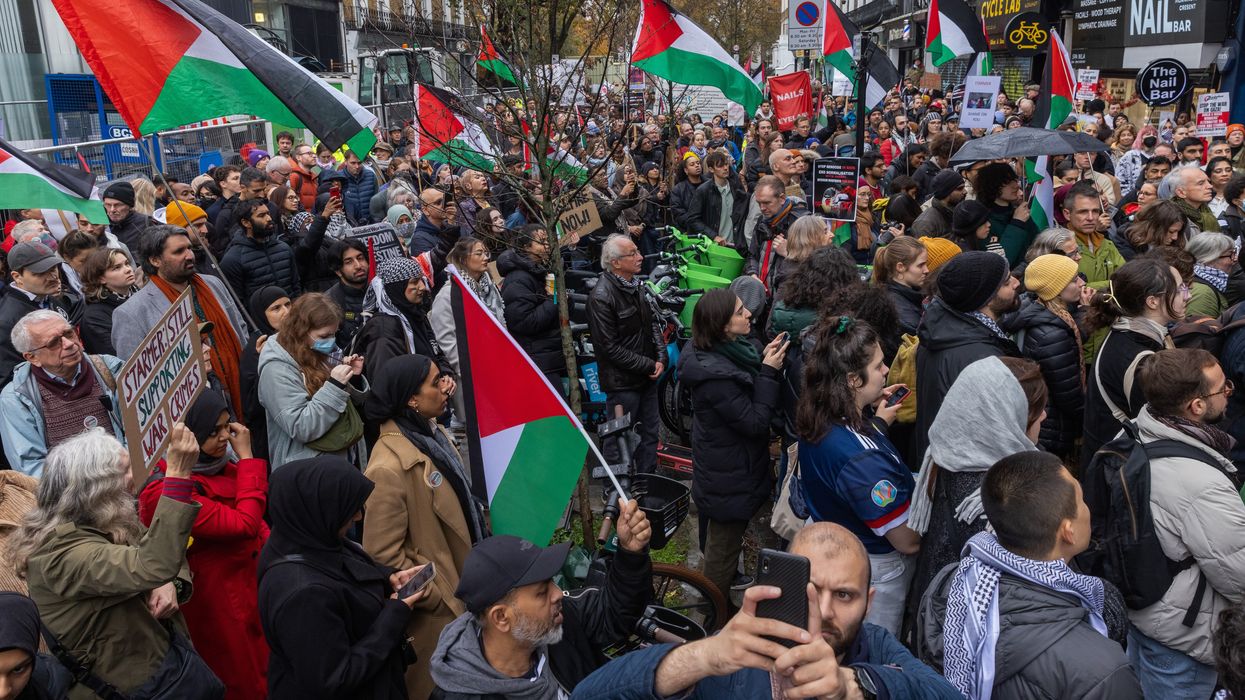
Hundreds of pro-Palestinian campaigners protest outside the constituency office of Labour Party leader Keir Starmer
|GETTY

Scotland Yard came under fire after a pro-Palestine protester called for 'Jihad' as a solution to issues in Israel
Don't Miss
Most Read
Latest
Chants of "Jihad" at pro-Palestine protests can be prosecuted as encouraging terrorism, the Government's adviser on counter-terrorism has announced.
Jonathan Hall KC, the independent reviewer of terrorism legislation, published his report on Wednesday.
It revealed he does not believe there is any need to introduce tougher anti-terrorism laws following a spate of pro-Palestine protests.
Current legislation enables police to take action against “encouraging terrorism”, Hall claimed.
WATCH NOW: GB News discuss pro-Palestine protesters
He also suggested changes could have unintended consequences which could damage freedom of speech.
The Metropolitan Police opted not to take action after a man suggested "Jihad" was a solution to events in Israel and Palestine.
Scotland Yard instead stressed "Jihad" had numerous meanings.
After consulting the Crown Prosecution Service, the Metropolitan Police determined no offence was committed.
Hall's report also claimed Section 1 of the Terrorism Act 2006 covering encouragement to terrorism applied to any statement made at a protest or march.
He said: "For example, it might well apply to a person who led chants for ‘Jihad’ in the context of a march."
LATEST DEVELOPMENTS: Met Police 'a JOKE' - Officers say they'll 'speak' to protestor who waved Islamist flag and called for Jihad in Britain | TWITTER
Met Police 'a JOKE' - Officers say they'll 'speak' to protestor who waved Islamist flag and called for Jihad in Britain | TWITTERHall added: "If terrorist attacks had already been carried out in support of the speaker’s cause, and members of the public might reasonably see a chant of jihad as encouragement to carry out their own act of terrorism in the UK or overseas.
"Jihad has benign meanings but, in this context, would likely refer to violence."
Hall said the current legislation was adequate to deal with encouraging terrorism and did not need to be amended to cover “glorification” of acts of terrorism without any prospect that members of the public should seek to emulate it.
Following footage of a protester calling for "Jihad" to "liberate" people from the "concentration camp" of Palestine in October, the Metropolitan Police said: "The word Jihad has a number of meanings but we know the public will most commonly associate it with terrorism.
“We have specialist counter terrorism officers here in the operations room who have particular knowledge in this area.
“They have assessed this video, filmed at the Hizb ut-Tahrir protest in central London and have not identified any offences arising from the specific clip.
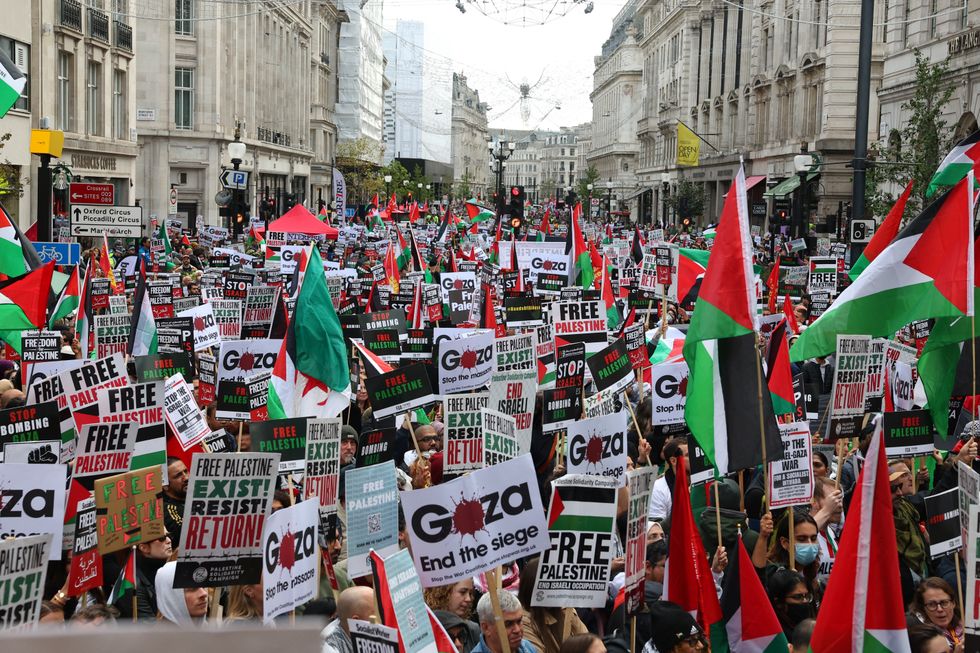 Thousands of protesters gathered in London to take part in a pro-Palestinian demonstration ahead of an expected ground invasion in Gaza | Reuters
Thousands of protesters gathered in London to take part in a pro-Palestinian demonstration ahead of an expected ground invasion in Gaza | Reuters"However, recognising the way language like this will be interpreted by the public and the divisive impact it will have, officers have identified the man involved and will be speaking to him shorty to discourage any repeat of similar chanting.”
The literal meaning of Jihad is struggle or effort but is commonly referred to when describing a bloody, holy war.
Academics say Jihad can be used to refer to a believer’s struggle to live out the Muslim faith, the struggle to build a Muslim society and the struggle to defend Islam, including with force if necessary.
However, changing the law could overload police and intelligence services as it would bring in a number of internet trolls.
Hall explained: "My overall conclusion is that there is no need to legislate for any amendments to terrorism legislation now, and good reason for caution.
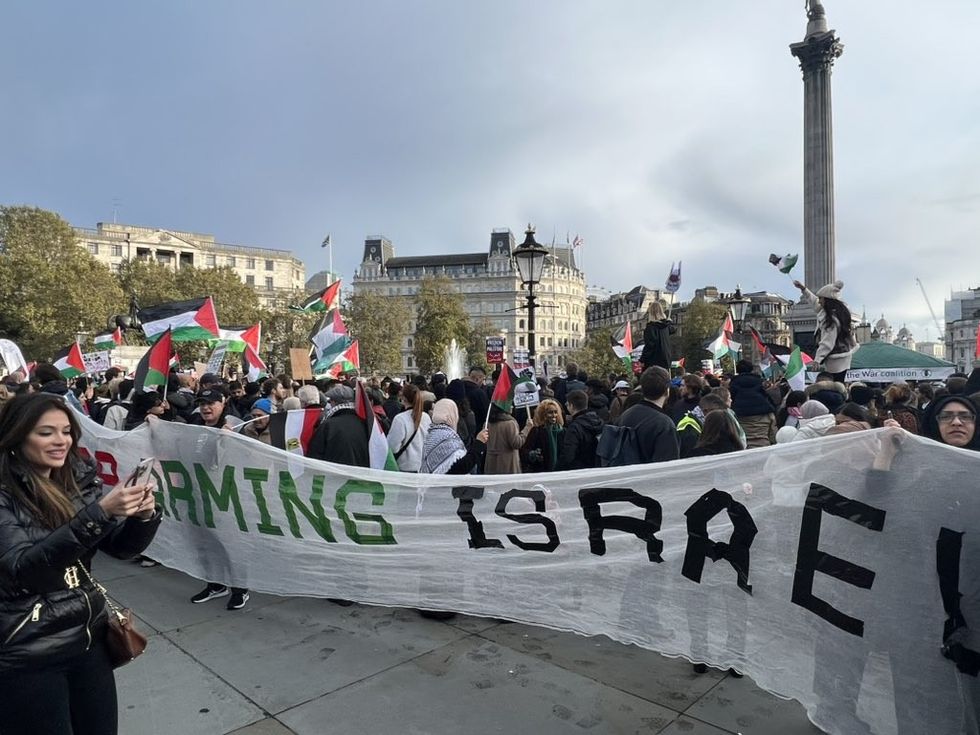 An image of pro-Palestine protesters in Trafalgar Square | GBN
An image of pro-Palestine protesters in Trafalgar Square | GBN“It is difficult to identify any real situations where a gap in terrorism legislation means that terrorist mischief cannot currently be addressed by arrest and prosecution.
“Given the number of pro-Palestine marchers, there have been plenty of opportunities for gaps to become apparent.
"There may well be other mischiefs (such as anti-Semitism) but those are not a subject for terrorism legislation.
“It is possible to formulate hypothetical situations where certain words used might, arguably, fall outside terrorism legislation.
"However, to legislate for hypotheticals would be bad practice: the success of UK terrorism legislation is that it adapts in response to real terrorist harm.”





